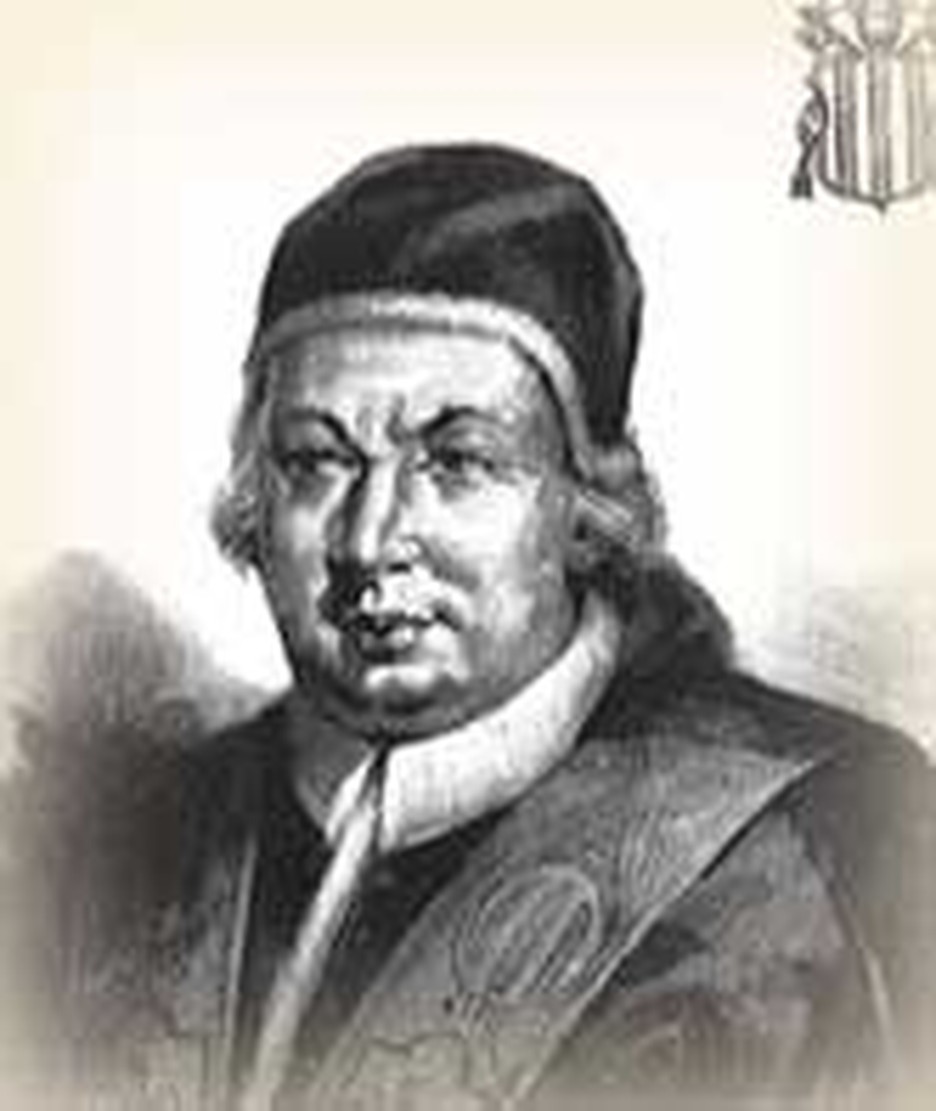
By decree on this day June 13, 1757, Pope Benedict XIV said the nations could have the Bible in their own tongues. That this concession should have been necessary is astonishing to Protestants, who from the start encouraged putting the rich word of God into the hands of as many people as possible in their own languages.
In this they were in line with the early church which had willingly translated the scriptures into local languages. Bede had rendered the Gospel of John into Saxon. Alfred the Great translated, or had someone translate, 50 psalms. Charlemagne, after failing to force Latin on his people, accepted the Old French. All or parts of the Bible were translated into several tongues. Cyril's Slavic version was made with papal permission.
However, during the later Middle Ages, authority was ascribed to Jerome's Vulgate. Latin became the sacred language of the church. Control of Scripture was control of authority. Churchmen and rulers alike seemed to fear the impact of the scriptures on behavior, and there is considerable evidence that both sought to keep it out of the hands of the common people. The official line of the church was that it feared abuse and profanation of the Word of God in the hands of laymen since it was too deep even for the greatest scholars to understand.
In England, Wycliffe and his Lollard preachers were forbidden to disseminate the word of God in English and Wycliffe's translations were destroyed when the authorities found them. Church councils actually forbade translation into the vernacular. The council of Oxford in 1408 condemned Wycliffe's version. By William Tyndale's day translation could be made only with the approval of a bishop. Because Tyndale was unable to secure this necessary approval in England, he moved to the continent, where he "illegally" translated the Bible into his native tongue.
The Synod of Sens in 1528 forbade translating scripture into French. In 1478 Pope Sixtus IV advocated censorship saying that women foolishly "arrogate to themselves the knowledge of scripture." Book burnings which included Bibles were common after 1521. Sometimes the translators and publishers themselves were burned. Possession of Bibles became criminal and often resulted in the execution of the accused. There are cases on record of people cruelly executed by order of church authorities for the "crime" of teaching their children the Lord's Prayer or the Ten Commandments in their native tongue.
In 1546 the Council of Trent allowed Bibles to be produced in the local languages as long as they had Catholic annotations and were attended by explanatory lectures. But in 1713 the papal bull Unigenitus condemned the proposition that the Bible was for everyone. In light of the Council of Trent, Benedict's decree could be seen as a step backward. In light of Unigenitus it was a great step forward, requiring only annotations and the approval of a bishop or of the Holy See. Benedict's humane spirit ensured that translators were freed for their work. In Italy several versions appeared at once.
This was by no means the end of the story. Even into the 1800s popes issued encyclicals against Bible societies and the dissemination of Bibles in Catholic countries unless they included Catholic annotations. Today, however, Bible societies have worked out protocols by which Protestants and Catholics pull together to make joint translations of scripture.
Bibliography:
- "Benedict XIV." The Oxford Dictionary of the Christian Church. Edited by F. L. Cross and E. A. Livingstone. Oxford, 1997.
- Brusher, J. Popes Through the Ages. Princeton, New Jersey: Van Nostrand, 1964.
- Chadwick, Owen. The Popes and European Revolution. Oxford: Clarendon Press; New York: Oxford University Press, 1981; pp. 75ff.
- Healy, Patrick J. "Benedict XIV, Pope." The Catholic Encyclopedia. New York: Robert Appleton, 1914.
- Montor, Artaud de. The Lives and Times of the Popes. New York: The Catholic publication society of America, 1910 - 11.
Last updated April, 2007.







